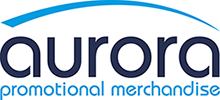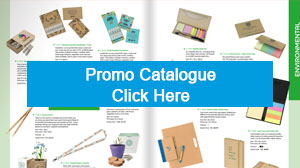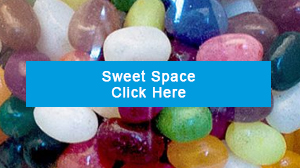Guide to Choosing and Deploying Promotional Merchandise
Promotional Merchandise Guide Contents
Fair trade and ethical certifications
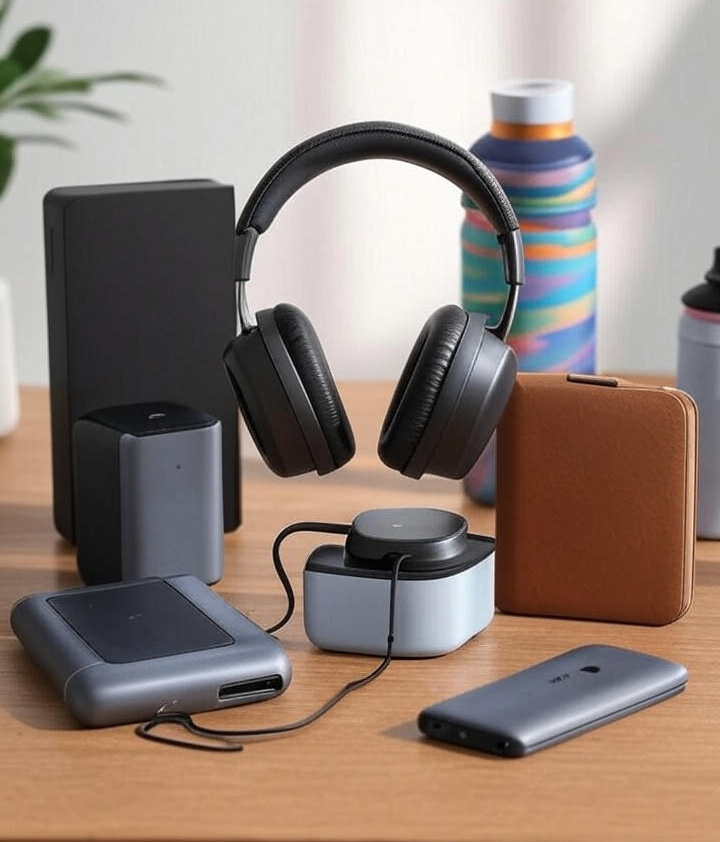
Published: 1st Sep 2025
Promotional merchandise often referred to as “branded swag” or “promo items,” plays a vital role in modern marketing strategies for UK businesses. From trade shows and exhibitions to conferences, promotional prizes, staff merchandise, onboarding kits, staff rewards, branded stationery and equipment, promotion stands, giveaway products, sports club promotions (such as football, tennis, or golf clubs), retail store incentives, and even recycled shopping bags, these items can enhance brand visibility, foster customer loyalty, and drive engagement. This guide provides UK businesses with a detailed roadmap to procure and utilise promotional merchandise effectively and it draws on industry best practices, research, and practical insights to help you maximise ROI while avoiding common pitfalls.
The guide is structured into key chapters, followed by a dedicated section on the procurement process. Each chapter includes practical examples tailored to UK contexts, such as compliance with UK advertising standards and sustainability regulations.
Choosing the Best Promotional Merchandise Supplier
Selecting the right supplier is foundational to launching a successful promotional merchandise campaign. To begin with, in the UK, the promotional products industry is highly competitive, featuring a diverse range of suppliers, from small independent businesses to large-scale distributors. As a result, choosing the best supplier requires careful evaluation of several critical factors.
First and foremost, reliability is essential. A dependable supplier ensures timely delivery, which is crucial for meeting campaign deadlines. In addition, product quality plays a pivotal role. High-quality items reflect positively on your brand, whereas subpar products can damage your reputation. Furthermore, pricing must be considered, as it directly impacts your budget and campaign feasibility. Equally important, ethical standards are non-negotiable. Suppliers should adhere to sustainable practices and comply with UK regulations, such as the Consumer Protection from Unfair Trading Regulations 2008.
On the other hand, a poor supplier choice can have serious consequences. For instance, low-quality merchandise or delayed deliveries can undermine your campaign and harm your brand’s credibility. Conversely, partnering with a strong supplier not only guarantees high-quality products but also offers customisation options tailored to your needs. Moreover, such suppliers ensure compliance with legal standards, providing peace of mind.
In conclusion, by prioritising reliability, quality, competitive pricing, and ethical practices, you can select a supplier that enhances your promotional campaign’s success. A well-chosen supplier becomes a valuable partner, helping you deliver impactful merchandise that strengthens your brand.
Importance of Accreditations
Accreditations serve as third-party validations of a supplier’s practices, helping businesses verify claims around quality, sustainability, and ethics. They are crucial in an era where UK consumers increasingly demand transparency according to UK market research, over 70% of buyers prefer brands with verified ethical credentials. Look for suppliers affiliated with bodies like the British Promotional Merchandise Association (BPMA), which sets standards for professionalism and requires members to adhere to a code of conduct covering fair trading and product safety.

Eco-Friendly and Sustainability Certifications
Sustainability is non-negotiable for UK businesses, especially with regulations like the UK’s Environment Act 2021 pushing for reduced waste and carbon footprints. Eco certifications ensure that promotional items are sourced responsibly, minimising environmental impact. For instance:
- Forest Stewardship Council (FSC): Ideal for paper-based or wooden items like branded notebooks or golf tees. It guarantees sustainable forestry practices.
- Global Organic Textile Standard (GOTS): Relevant for clothing merchandise, such as staff T-shirts or gym bags, ensuring organic fibres and eco-friendly dyes.
- EcoVadis Certification: This is a globally recognised sustainability rating system that assesses suppliers on environmental, labour, ethics, and sustainable procurement criteria. EcoVadis uses a scorecard (Bronze, Silver, Gold, or Platinum) based on data from over 75,000 companies worldwide. In the UK, suppliers like Pellacraft and BlueFish Promotional Merchandise have achieved Silver ratings, indicating strong performance in CSR (Corporate Social Responsibility). Choosing an EcoVadis-certified supplier benefits your business by aligning with EU and UK sustainability reporting requirements, reducing supply chain risks, and appealing to eco-conscious customers. For example, ERIKS UK & Ireland’s Silver EcoVadis rating highlights their commitment to ethical practices, which can extend to promotional items like branded tools or equipment.
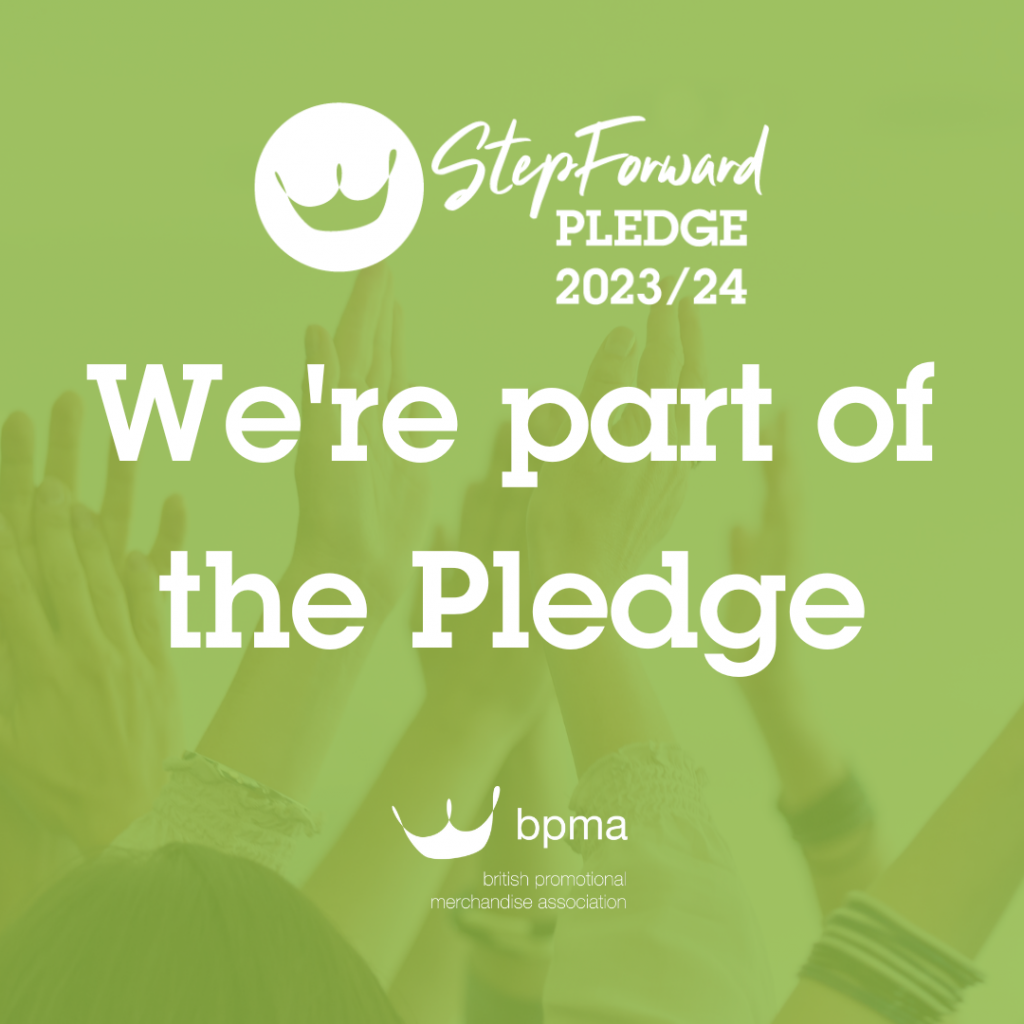
Fair Trade and Ethical Certifications
Fair Trade certifications address social responsibility, ensuring fair wages, safe working conditions, and community support in supply chains—particularly important for items sourced from developing countries, like coffee mugs for conferences or recycled shopping bags for retail promotions. The FAIRTRADE Mark, trusted by 80% of UK consumers, is the gold standard.
It benefits businesses by building trust and differentiating your brand in competitive sectors like sports clubs (e.g., fair trade tennis balls) or exhibitions. Suppliers like Pavilion Earth emphasise Fairtrade for eco-friendly promo items, which can prevent reputational damage from unethical sourcing scandals.
How to Evaluate Suppliers
- Research and Shortlist: Use directories like the BPMA website or platforms such as aurorapromotional.co.uk to find UK-based suppliers. Check for EcoVadis scores (aim for Silver or higher) and Fairtrade partnerships.
- Request References and Samples: Ask for case studies from similar UK businesses, e.g., a football club using branded scarves.
- Assess Customisation Capabilities: Ensure they handle UK-specific needs, like VAT-inclusive pricing and GDPR-compliant data handling for personalised items.
- Cost vs. Value: While price matters, prioritise certified suppliers to avoid hidden costs from non-compliance.
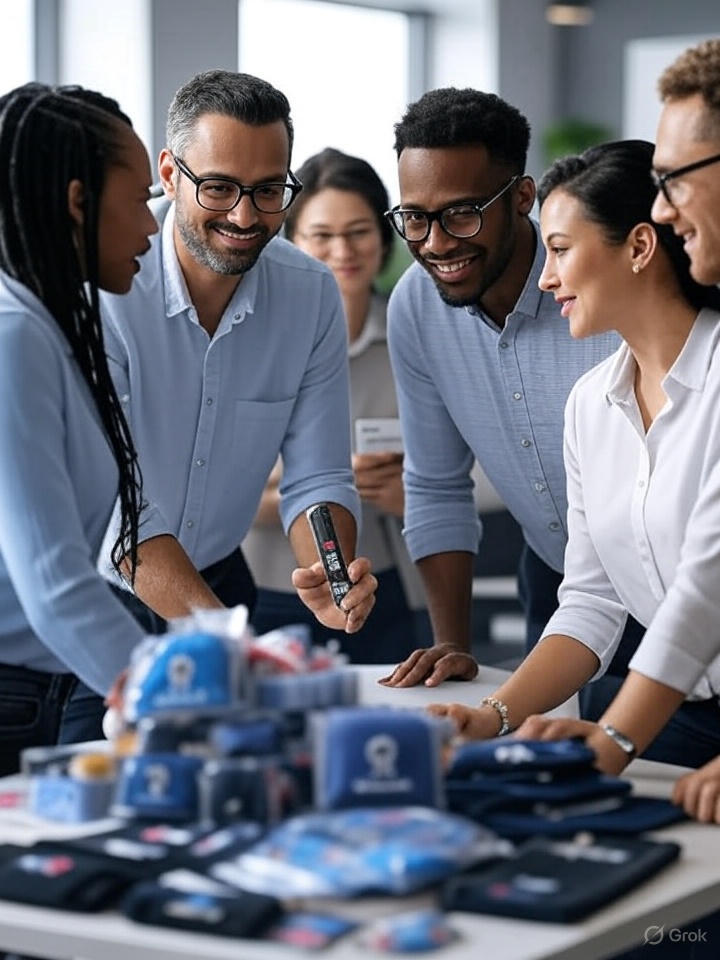
How Effective is Promotional Merchandise?
Promotional merchandise remains one of the most tangible and memorable marketing tools, outperforming digital ads in longevity and engagement. Studies from the Advertising Specialty Institute (ASI) and UK-based research highlight its impact, but effectiveness depends on strategic use. Below, we explore the positives and negatives, supported by data.
Promotional Merchandise Positive Aspects
Promotional items create lasting impressions, with recipients keeping them for an average of 8-16 months, providing repeated brand exposure.
Key benefits include:
- Increased Brand Awareness and Recall: Research shows promotional products boost brand recognition by up to 85%, far higher than print or TV ads. For UK businesses at exhibitions or conferences, items like branded pens or USB drives can lead to 500% more referrals from satisfied recipients.
- Cost-Effectiveness and High ROI: At a low cost per impression (often under 1p), promo items offer better value than social media ads. A study found that 80% of recipients are more likely to do business with the giver, making them ideal for staff rewards or retail promotions.
- Versatility Across Applications: For sports clubs (e.g., golf clubs using branded tees), they build community loyalty. In onboarding, custom merchandise like notebooks fosters employee engagement. At trade shows, giveaway products generate leads, with 70% of attendees remembering the brand post-event.
- Emotional Connection and Loyalty: Items like recycled shopping bags for retail stores or promotional prizes at conferences create goodwill, leading to repeat business. Lab experiments confirm that incidental use of branded items improves perceptions of unfamiliar brands.
Positive Aspect
Brand Recall
ROI
Longevity
Cost per Impression
Supporting Statistic
85% higher than traditional ads
Up to 500% more referrals
Kept for 8-16 months
Under 1p
Example Application
Trade show giveaways like branded tote bags
Staff rewards with custom mugs
Onboarding kits with stationery
Gym promotions with water bottles
Promotional Merchandise Negative Aspects When Used Badly
While effective, poor execution can backfire:
- Wasted Resources on Irrelevant Items: Generic, low-quality products (e.g., cheap keyrings at a high-end conference) can be discarded immediately, leading to zero ROI and environmental waste—contrary to UK sustainability goals.
- Brand Damage from Poor Quality: Substandard items reflect poorly on your business. A study notes that ineffective promo can decrease trust, especially if items break quickly, like flimsy branded equipment for staff.
- Over-Saturation or Mismatch: Flooding events with irrelevant merchandise (e.g., non-eco bags at a green exhibition) can annoy recipients, resulting in negative word-of-mouth. In the UK, non-compliance with advertising standards can lead to fines.
- High Initial Costs Without Strategy: Without planning, bulk orders can be expensive, and poor targeting (e.g., golf club promos to non-golfers) yields low engagement.
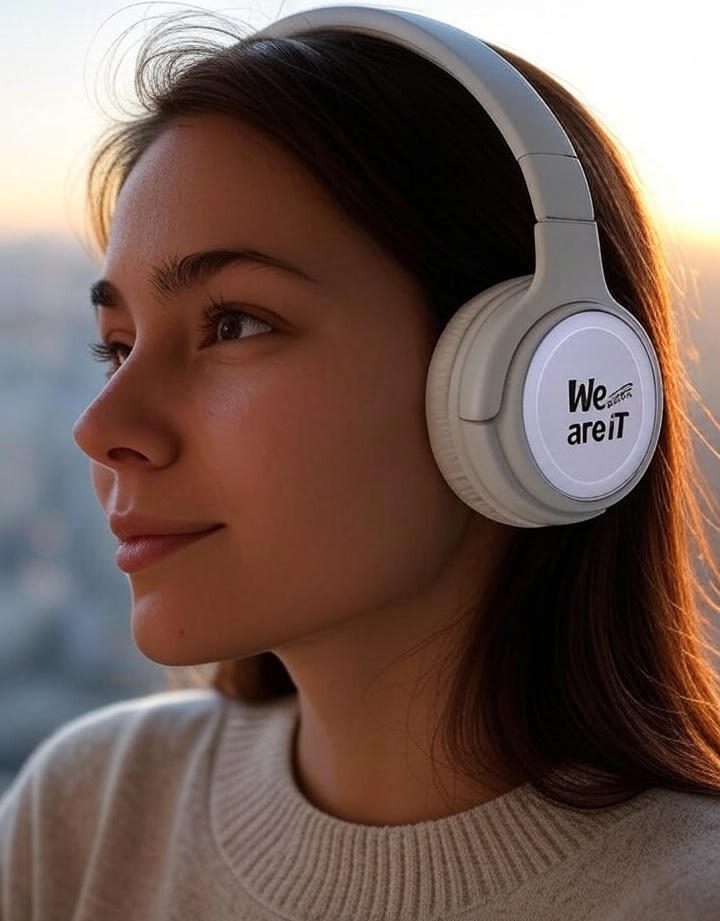
To mitigate negatives, focus on quality, relevance, and measurement—tracking metrics like redemption rates or social mentions.
The Correct Way to Use Promotional Merchandise
Effective use requires strategy, not just distribution. Align items with your marketing goals, audience, and brand values to maximise impact across scenarios like trade shows, staff incentives, or sports promotions.
Best Practices
- Set Clear Objectives: Define goals, e.g., lead generation at exhibitions (use branded stands with giveaways) or employee retention via onboarding merchandise. Measure success with KPIs like engagement rates.
- Know Your Audience: Tailor items—eco bags for retail eco-shoppers, branded apparel for football clubs, or tech gadgets for conferences. For UK businesses, consider cultural nuances, like inclusivity in designs.
- Quality Over Quantity: Invest in durable, useful items (e.g., high-quality pens for branded stationery) to ensure longevity and positive associations.
- Integration with Broader Campaigns: Combine with digital efforts, e.g., QR codes on promo prizes linking to your site. At trade shows, use items to drive booth traffic.
- Timing and Distribution: Deploy at peak moments, like gym promotions during New Year resolutions or Christmas advent calendars for staff rewards.
- Sustainability Focus: Opt for recycled materials, aligning with UK trends – e.g., fair trade golf balls for club events.
Examples:
- Trade Shows/Exhibitions: Use promotion stands with branded giveaways to attract visitors.
- Staff Merchandise/Onboarding: Custom kits build culture.
- Sports Clubs: Branded gear for loyalty (e.g., tennis club water bottles).
- Retail: Recycled bags encourage repeat visits.
Track results via surveys or analytics to refine future campaigns.
Buying Process: What You Need to Know
Procuring promotional merchandise involves a structured process. UK suppliers like Aurora Promotional outline steps from quote to delivery.
Discounts
All UK merchandise companies offer discounts, especially for large volumes – e.g., over £1,000 orders can see 10-15% reductions, reviewed per product. Bulk buying for events like conferences reduces unit costs; negotiate based on repeat business or early payment.
Artwork
A small charge (typically £20-£50) applies for artwork setup, with extra fees (£10-£30 per colour) if your logo uses multiple colours due to printing complexities (e.g., screen printing for T-shirts). Pantone matching ensures accuracy; supply colours upfront.
Artwork Supply
Provide your logo in vector format (e.g., .EPS or .AI) for scalable, high-resolution printing—essential for items like branded equipment. If unavailable, your designer can create one using tools like Adobe Illustrator. Alternatively, convert raster images (e.g., .JPEG) via free online tools like Vector Magic, but professional conversion (£20-£50) is recommended for quality. Suppliers may assist but charge extra.
How Much Time Do They Need? Planning Your Campaign
Plan ahead—lead times average 5-10 working days for UK stock, longer (4-6 weeks) for custom imports.
For seasonal items like Christmas advent calendars with quality chocolates, order in August to secure stock and avoid stale products. Process steps:
- Define goals and budget.
- Select items and supplier.
- Submit artwork and approve proofs.
- Place order and pay.
- Receive and distribute.
Getting a Proof
If planned ahead, request a physical sample for high-value items (e.g., £50+ staff rewards like branded jackets) – costs £20-£100 but ensures satisfaction. For low-value (e.g., pens), a graphic proof (digital mockup) suffices, sent within 1-2 days for approval.
Payment
Pay via invoice, card, or bank transfer. For regulars, set up an account for net-30 terms, discounts, and streamlined reorders. Confirm orders trigger artwork proofs; full payment often required upfront for new clients.
This detailed process ensures smooth procurement, helping UK businesses leverage promotional merchandise for impactful campaigns. If you’d like expansions or image generation confirmation, let me know!
Tips for Using Promotional Merchandise Effectively in Various Scenarios
This chapter delves into targeted strategies for effectively leveraging promotional merchandise across diverse settings relevant to UK businesses. To begin with, by drawing on industry insights and UK-specific trends, such as compliance with the Advertising Standards Authority (ASA) guidelines for truthful claims, as well as adherence to sustainability standards under the Environment Act 2021, we explore a range of approaches. Specifically, these include both steady strategies—reliable and proven methods—and out-of-the-box ideas, which encompass innovative and creative tactics tailored to each category.
Moreover, the primary goal is to maximise engagement, enhance brand recall, and optimise return on investment (ROI) while ensuring alignment with audience needs. For example, in a market where 85% of UK consumers retain promotional items for over a year, thoughtful and strategic application can yield significant returns. Consequently, businesses that carefully select and deploy merchandise can strengthen audience connections and achieve long-term impact.
In addition, steady strategies provide a dependable foundation, ensuring consistent results through tried-and-tested methods. On the other hand, out-of-the-box ideas introduce fresh, attention-grabbing tactics that differentiate a brand in a competitive market. Ultimately, by blending these approaches and aligning them with UK regulations and consumer preferences, businesses can create impactful campaigns that resonate deeply and deliver measurable success.
Each section includes practical examples, tips for integration with digital campaigns (e.g., QR codes linking to your website), and measurement suggestions like tracking redemption rates or social media mentions.
Promotional Merchandise for Trade Shows
Trade shows, such as those at the NEC Birmingham or ExCeL London, are high-stakes environments where UK businesses compete for attention amid thousands of attendees. Promotional merchandise here should drive booth traffic, facilitate networking, and extend brand presence post-event.
Steady Strategies:
- Targeted Giveaways for Lead Generation: Offer practical items like branded tote bags or notebooks filled with your marketing materials. These encourage visitors to carry your brand around the show floor, increasing visibility. According to UK research, items kept for 8-16 months boost recall by 85%. Distribute them conditionally—e.g., after scanning a badge or signing up for a newsletter—to qualify leads and comply with GDPR for data collection.
- Themed Booth Integration: Use branded tablecloths, roller banners, and staff apparel (e.g., embroidered polo shirts) to create a cohesive stand. This reinforces professionalism and makes your booth memorable. Track success by monitoring footfall increases, aiming for a 20-30% uplift from previous events.
- Tiered Incentives: Provide low-cost items like pens or keyrings for casual visitors and higher-value ones (e.g., USB drives) for serious prospects. This budgets effectively while rewarding engagement, with studies showing 80% of recipients more likely to do business with the giver.
Out-of-the-Box Ideas:
- Interactive Tech Swag: Embed NFC chips in branded badges or wristbands that link to an AR experience showcasing your products. For a UK tech firm at a trade show, this could involve scanning to unlock a virtual demo, fostering buzz and social shares—potentially increasing leads by 50% through viral appeal.
- Sustainability Challenges: Host a “green giveaway” where attendees exchange plastic waste for eco-friendly items like FSC-certified wooden USBs or recycled tote bags. Tie this to your brand’s CSR story, appealing to the 70% of UK attendees who prioritise sustainability, and partner with local charities for added impact.
- Personalisation Stations: Set up a booth area for on-the-spot customisation, like engraving names on water bottles. This creates emotional connections, with personalised items retained 2x longer, and generates user-generated content via photos shared on platforms like LinkedIn.
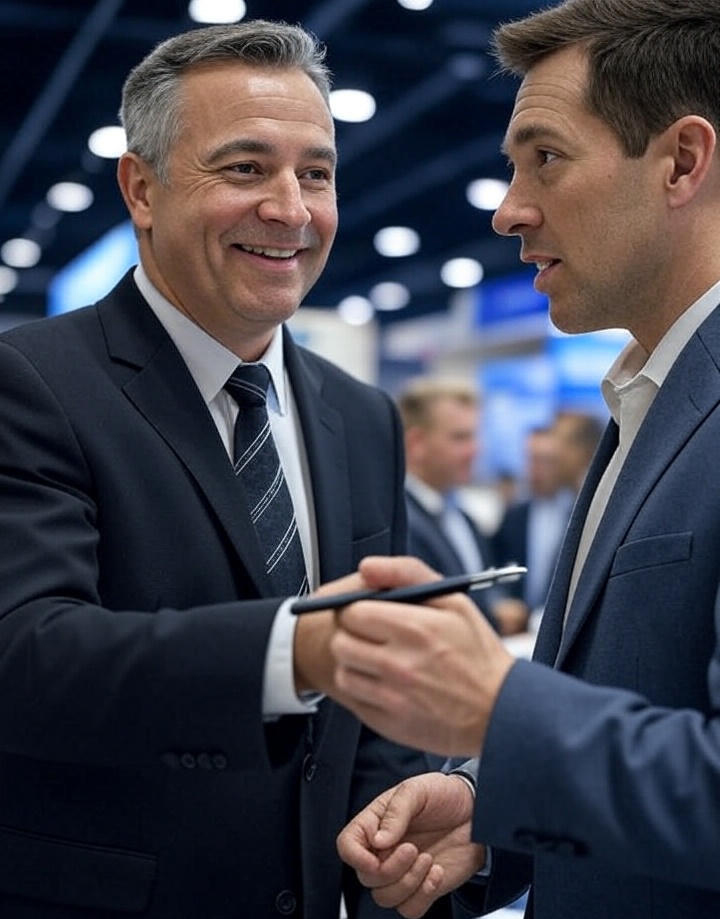
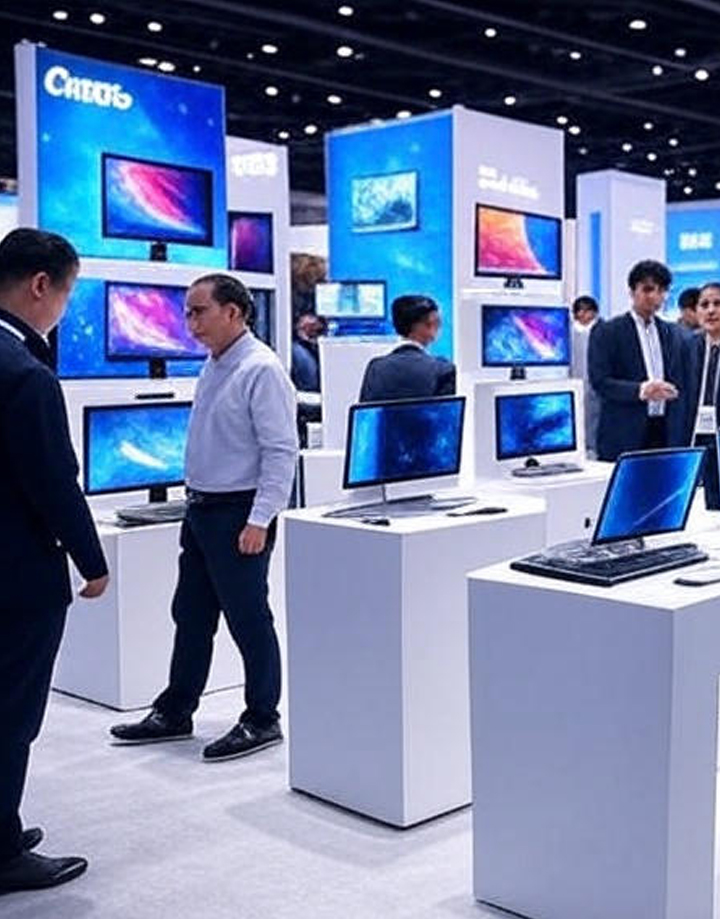
Promotional Merchandise for Exhibitions
Exhibitions, which often overlap with trade shows but place greater emphasis on public engagement, such as the Ideal Home Show, greatly benefit from merchandise designed to both entertain and educate. To begin with, in the UK, where events contribute an impressive £58 billion to the economy, carefully chosen promotional items can significantly enhance a brand’s visibility. Moreover, standout merchandise serves as a powerful tool to differentiate your brand in a crowded market. As a result, by selecting items that captivate and inform attendees, businesses can create memorable experiences that strengthen brand recognition and foster meaningful connections.
Steady Strategies:
- High-Visibility Items: Distribute branded lanyards, badges, or caps that attendees wear immediately, turning them into walking advertisements. Ensure designs align with ASA rules for non-misleading claims. This approach can increase brand exposure by 500% through referrals.
- Bundled Packs: Create goody bags with a mix of items like sticky notes, pens, and mints, themed around your exhibit. For UK exhibitions, include eco-options to meet sustainability expectations, and track via unique promo codes for post-event follow-ups.
- Staff Uniforms and Props: Outfit team members in branded T-shirts or hoodies, and use promotional stands with integrated giveaways. This builds trust and unity, with 70% of attendees remembering brands from well-branded booths.
Out-of-the-Box Ideas:
- Sensory Experiences: Offer scented items like branded air fresheners tied to your product’s aroma (e.g., for a food brand) or glow-in-the-dark keyrings for evening events. At a UK art exhibition, this could involve custom seed packets that “grow” your brand message, encouraging home planting and long-term recall.
- Gamified Giveaways: Use spin-the-wheel setups where winners get unique merch like custom phone fans or multi-tools. Integrate QR codes for app downloads, boosting digital engagement—ideal for tech exhibitions, potentially doubling email sign-ups.
- Collaborative Art Pieces: Provide branded stickers or patches for attendees to contribute to a communal mural at your stand. This fosters community, with photos shared online, amplifying reach beyond the event’s 100,000+ visitors.
Promotional Merchandise for Onboarding
For UK businesses, effective onboarding with merchandise can reduce turnover by 50%, fostering loyalty from day one amid competitive job markets.
Steady Strategies:
- Welcome Kits: Include branded notebooks, pens, and mugs in a tote bag with company values printed inside. This creates belonging, with 69% of employees more likely to stay if onboarded well. Personalise with names for a warm touch.
- Practical Essentials: Provide items like water bottles or mouse mats for daily use, reinforcing brand daily. Track via feedback surveys to refine kits.
- Integration with HR Processes: Align merch with orientation sessions, e.g., branded planners for goal-setting, complying with UK employment laws for inclusivity.
Out-of-the-Box Ideas:
- Storytelling Boxes: Curate themed kits with items like custom puzzles representing company history or AR-enabled cards linking to video welcomes. For remote UK hires, ship with local treats, enhancing emotional ties and reducing isolation.
- Growth-Oriented Gifts: Include plantable seed cards symbolising career growth or fitness trackers for wellness programs. Tie to mentorship, with 80% of recipients feeling valued.
- Interactive Challenges: Add gamified elements like branded escape room kits for team bonding, encouraging collaboration and boosting engagement by 40% in early weeks.

Promotional Merchandise for Outdoor Promotion Stands
Outdoor stands at UK markets or festivals demand merchandise that is both weather-resistant and visually striking to effectively combat the elements and capture the attention of passersby. To start with, in such dynamic settings, durable items designed to withstand unpredictable UK weather—such as rain or wind—are essential for maintaining quality and appeal. Furthermore, eye-catching merchandise plays a crucial role in drawing in crowds and sparking interest. As a result, by prioritising bold, resilient promotional items, businesses can stand out in bustling environments, ensuring their brand leaves a lasting impression on festival goers and market visitors alike.
Steady Strategies:
- Durable Branding: Use branded gazebos, flags, and tablecloths for visibility, with giveaways like umbrellas or ponchos for rainy UK weather. This ensures consistency, increasing footfall by 25%.
- Functional Giveaways: Offer reusable bags or water bottles that attendees use immediately, extending exposure. Measure via on-site sign-ups.
- Location-Specific Ties: Align items with the event, e.g., branded frisbees for parks, adhering to local council permits.
Out-of-the-Box Ideas:
- Augmented Reality Activations: Embed AR in branded sunglasses that overlay digital info on real-world views, engaging tech-savvy crowds at outdoor stands.
- Eco-Interactive Installs: Set up solar-powered charging stations with branded cables, where users “earn” merch by recycling—aligning with UK green initiatives.
- Sensory Pop-Ups: Distribute scented fans or mist sprayers branded with your logo, creating refreshing experiences in summer heat, boosting dwell time.
Promotional Merchandise for Conferences
UK conferences, such as those hosted at ICC Belfast, place a strong emphasis on networking, making it essential for merchandise to facilitate connections and enhance knowledge retention. To begin with, in these professional settings, thoughtfully designed promotional items can serve as conversation starters, fostering meaningful interactions among attendees. Moreover, merchandise that supports knowledge retention, such as branded notebooks or digital resource links, helps participants engage with and recall key insights from the event. As a result, by prioritizing items that encourage networking and reinforce learning, businesses can maximize the impact of their presence at conferences, leaving a lasting impression on attendees.
Steady Strategies:
- Note-Taking Essentials: Provide branded notebooks and pens, with agendas inside for utility. This aids recall, with 85% retention rates.
- Tech Accessories: Offer power banks or USBs pre-loaded with session slides, encouraging post-event engagement.
- Lanyards and Badges: Custom designs for easy identification, integrating CTAs like website URLs.
Out-of-the-Box Ideas:
- Mindful Merch: Branded stress balls or fidget spinners with embedded audio links to mindfulness sessions, reducing conference fatigue.
- Collaborative Tools: Custom whiteboards or sticky notes for breakout sessions, fostering idea-sharing and brand association.
- Themed Escape Kits: Giveaway mini escape games in branded boxes, tying to conference themes for fun networking.
Promotional Merchandise for Sports Clubs
For UK sports clubs, such as those focused on football or tennis, merchandise plays a pivotal role in building community and strengthening sponsorship ties. To begin with, thoughtfully designed merch fosters a sense of belonging among fans and members, uniting them under the club’s identity. Furthermore, items like branded apparel or accessories serve as powerful tools to enhance visibility and loyalty. In addition, merchandise can deepen partnerships with sponsors by prominently featuring their logos or messaging, creating mutually beneficial opportunities. As a result, by strategically using merch to engage supporters and reinforce sponsorship connections, sports clubs can cultivate a stronger, more cohesive community while boosting their brand presence.
Steady Strategies:
- Apparel and Accessories: Branded scarves or caps for fans, boosting loyalty with 70% wear rate.
- Event Giveaways: Water bottles or balls at matches, sponsoring local teams.
- Membership Perks: Tiered items for members, tracking via attendance boosts.
Out-of-the-Box Ideas:
- Customisable Gear: AR apps to design virtual jerseys, printed on-demand for personalisation.
- Eco-Sports Items: Biodegradable golf tees or recycled footballs, tying to sustainability drives.
- Fan Challenges: Branded fitness trackers for club challenges, gamifying participation.
Promotional Merchandise for Gyms
Gym promotions in the UK capitalise on health and wellness trends, utilizing merchandise to boost member retention. Initially, by aligning with popular fitness movements, gyms can offer items like branded water bottles or workout gear that resonate with health-conscious individuals. Moreover, these promotional products serve as incentives, encouraging members to stay committed to their fitness goals. Consequently, well-chosen merchandise fosters a sense of loyalty and community, helping gyms maintain strong member engagement and enhance retention rates over time.
Steady Strategies:
- Fitness Essentials: Towels or shaker bottles branded for daily use.
- Referral Incentives: Giveaway gym bags for member referrals.
- Class Swag: Yoga mats for sessions, measuring uptake.
Out-of-the-Box Ideas:
- Smart Wearables: Branded bands linking to gym apps for personalised workouts.
- Wellness Kits: Aromatherapy rollers or resistance bands in themed boxes.
- Virtual Reality Ties: VR headsets for home workouts, extending gym brand.
Promotional Merchandise for Schools
UK schools leverage merchandise to support fundraising efforts and foster community building, all while ensuring compliance with education standards. To begin with, carefully selected promotional items, such as branded stationery or apparel, serve as effective tools for raising funds to support school programs and initiatives. Moreover, these items help strengthen the sense of community by uniting students, staff, and parents under a shared school identity. In addition, merchandise must adhere to strict education standards, ensuring materials are safe, age-appropriate, and aligned with regulatory guidelines. As a result, by strategically using compliant and engaging merchandise, UK schools can successfully boost fundraising efforts and cultivate a stronger, more connected school community.
Steady Strategies:
- Stationery Sets: Branded pencils and notebooks for students.
- Uniform Add-Ons: Badges or bags for pride.
- Event Items: Mugs for parents’ evenings.
Out-of-the-Box Ideas:
- Educational Games: Custom puzzles teaching school values.
- Eco Projects: Plantable pens for green initiatives.
- AR Storybooks: Branded books with augmented stories.
Promotional Merchandise for Universities
Higher education institutions in the UK utilize merchandise strategically to enhance recruitment efforts and strengthen alumni relations. To begin with, thoughtfully designed promotional items, such as branded apparel or stationery, serve as powerful tools to attract prospective students by showcasing the institution’s identity and values. Furthermore, these items create a sense of pride and belonging, making them effective for engaging current students and potential recruits. In addition, merchandise plays a crucial role in maintaining connections with alumni, fostering loyalty through nostalgic or commemorative gifts that reinforce ties to the institution. As a result, by leveraging appealing and meaningful merchandise, UK universities can effectively boost recruitment and cultivate lasting relationships with their alumni community.
Steady Strategies:
- Apparel Lines: Hoodies and T-shirts for campus wear.
- Study Aids: Planners and USBs for freshers.
- Alumni Gifts: Mugs for networks.
Out-of-the-Box Ideas:
- Custom Tech: Wireless chargers with university crests.
- Sustainability Drives: Reusable items tied to campus challenges.
- VR Campus Tours: Branded VR viewers for virtual open days.
Promotional Merchandise for Outdoor Events
UK outdoor events, such as festivals, call for merchandise that is both portable and engaging to enhance the attendee experience. To start with, portable items, like lightweight tote bags or compact accessories, are essential for convenience, allowing festivalgoers to easily carry them throughout the event. Additionally, fun and vibrant merchandise, such as colorful wristbands or themed novelties, captures the lively spirit of festivals and encourages participation. As a result, by prioritizing portable and entertaining merch, organizers can create memorable experiences that resonate with attendees, boosting engagement and leaving a lasting impression at UK outdoor events.
Steady Strategies:
- Weather-Proof Items: Ponchos or sunscreens.
- Picnic Gear: Blankets and coolers.
- Games: Frisbees for engagement.
Out-of-the-Box Ideas:
- Glow Merch: LED wristbands for night events.
- Interactive Installs: Branded photo booths with props.
- Eco-Adventures: Seed bombs for planting, promoting green branding.
Need some help? Just click here for our contact form or use our special AI chat (bottom right) designed for promotional merchandise questions.
NEWS ARCHIVE
- Guide to Creating the Perfect Bespoke Notebook
- Personalised Headphones the Perfect Branded Promotional Gift
- Ultimate Guide to Promotional Corporatewear
- Insider Guide to Choosing and Deploying Promotional Merchandise for UK Companies
- Chocolate Advent Calendars: It’s All About the Taste!
- Branded Workwear
- Branded Shopper Bags
- Personalised Fans
- Custom Beach Towels
- What Makes a Good Exhibition Stand
- Custom Promotional Socks
- Foamo Reusable Coffee Cup
- Personalised Umbrellas a Boost for your Brand
- Award Trophies Drive Motivation and Brand Loyalty
- The Marketing Power of Branded Advent Calendars
- Totally Practical – Branded Tote Bags
- Branded Promotional Products for UK Companies
- Sweeten Your Trade Show Presence With Promotional Branded Sweets
- Circular Reusable Coffee Cups
- Corporate Gifting and Building Lasting Business Relationships
- Big T-Shirts – That look and feel great
- Digital Business Cards Case Study
- Aurora Supporting Plastic Oceans
- Happy to Help The Hygiene Bank
